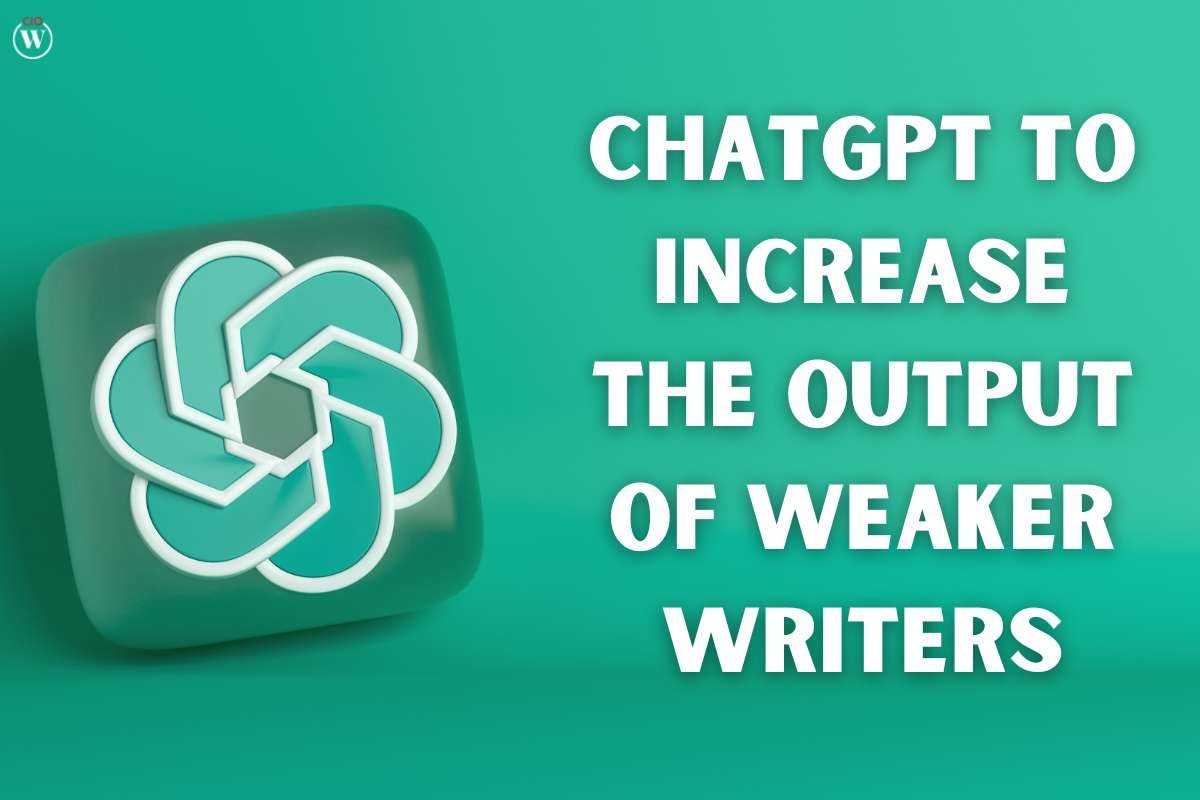According to a recent study1, ChatGPT can make writing assignments easier for students to complete quickly. The artificial intelligence (AI) tool is very useful for people who have limited writing abilities since it raises their performance to levels that are comparable to those of people who are more adept.
Will ChatGPT replace Human Jobs?
The findings make one wonder if ChatGPT and other similar programmes will replace human jobs. The authors note that the data also suggest potential social advantages. In the long run, when performance is equalised across all skill groups, this “could potentially mean that, we could see reductions in inequality,” says Whitney Zhang, co-author of the paper and a PhD candidate in economics at the Massachusetts Institute of Technology (MIT) in Cambridge.
According to Zhang, when ChatGPT was introduced in November 2022, there was much curiosity about how the tool, which produces fluent language when asked, would impact the work market. She therefore created an experiment with Shakked Noy, a coworker and fellow MIT PhD economics student, to ascertain the chatbot’s impact on employees’ productivity. The findings were released in Science today. To produce press releases, quick reports, analysis plans, and other texts, the researchers hired 453 college-educated individuals, including marketers, grant writers, and managers.
The Analysis
About half of the participants were advised to join up for ChatGPT and utilize it to create a second piece of writing if they considered the first assignment beneficial after completing it. The group that had access to the chatbot completed the second job on average in 16 minutes as opposed to the group who did not, who took an average of 27 minutes. The authors had qualified experts grade the texts on a scale of 1 to 7 for quality. In comparison to the group without access to the chatbot, the rise in score from the first task to the second task was, on average, 18% greater for the group with access.
Participants who performed poorly on their first task saw a greater quality boost. While those who initially obtained good scores kept them when ChatGPT was introduced, those who had access to chatbots saw an increase of 1-2 points in their scores. Whether participants received high or low marks on the first task, the time taken to complete the second task decreased. Robert Seamans, an economist at the Stern School of Business at New York University in New York City who was not engaged in the study, claims that it virtually has a democratizing effect. The workers with less experience stand to gain the most from it, in my opinion.









